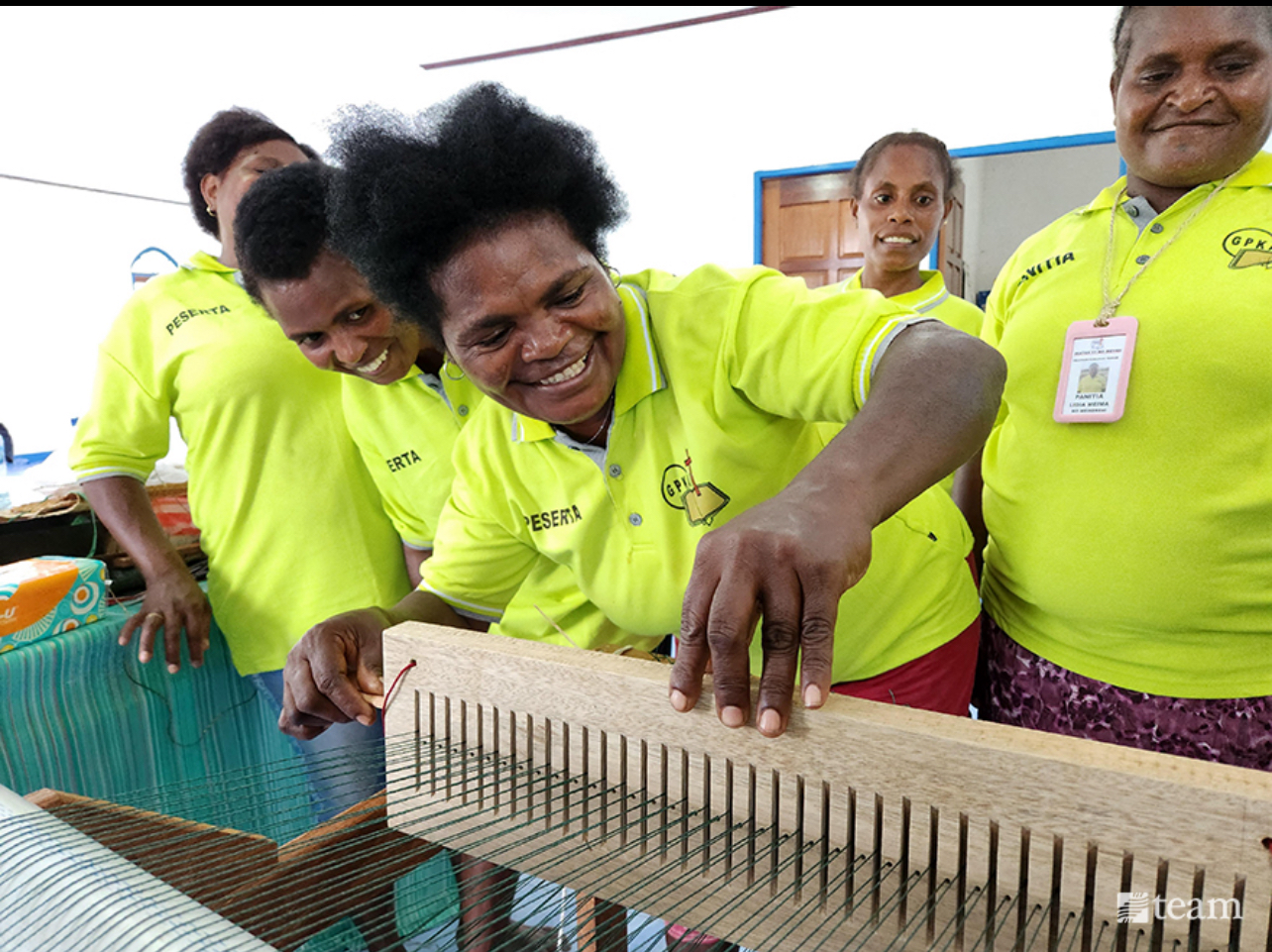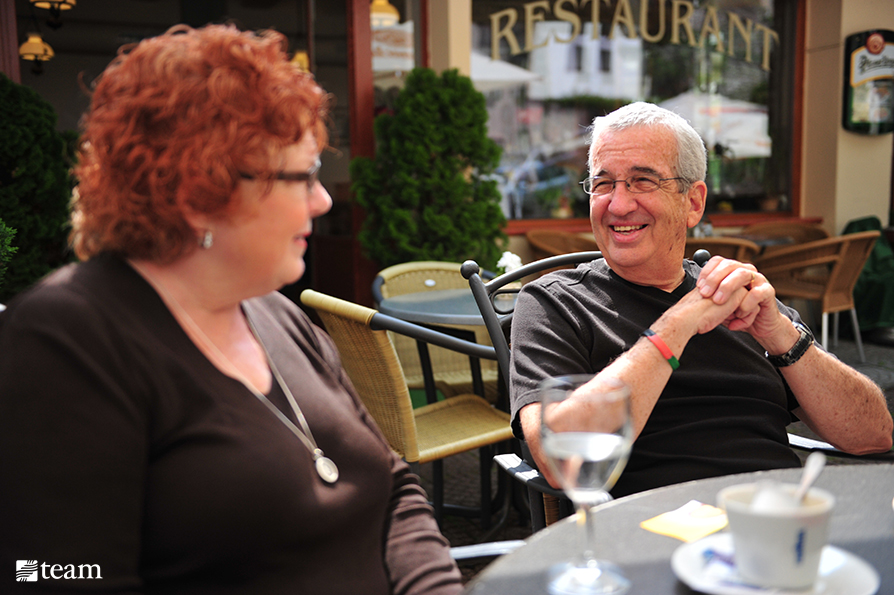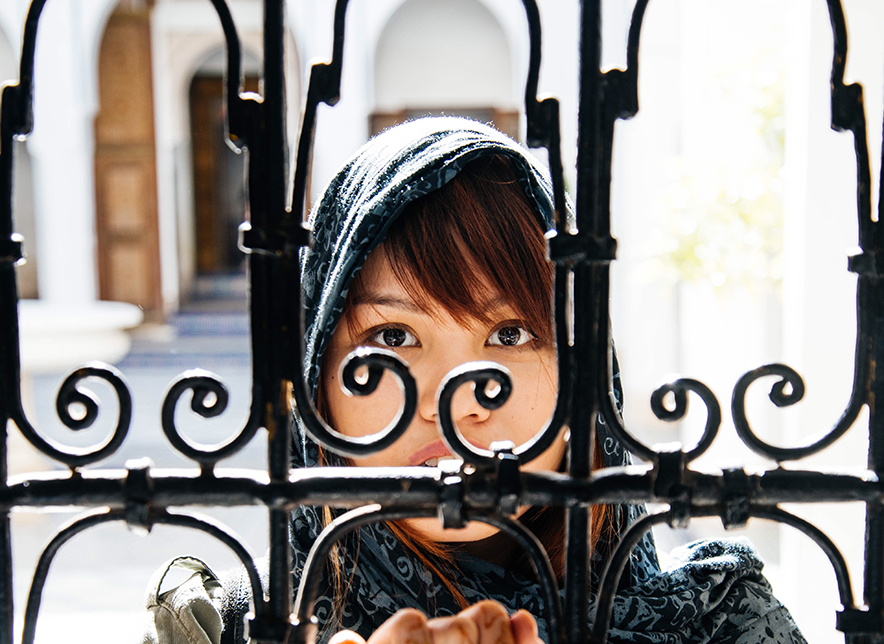
Prayer Focus
Open Doors, Open Hearts and Open Minds: Praying for Atheists
March 1, 2022
by Suzanne Pearson

In this month’s Prayer Focus, we continue our series in which we invite you to join us in praying for followers of world religions other than biblical Christianity. We’ve spent time the last couple of months praying for Hindus and Muslims, and this month we are focusing on people around the world who identify as atheists.
According to the Joshua Project, just shy of one billion people, or 12.7% of the world’s population classify themselves as atheistic or “non-religious.” It’s important to note, however, that the term “atheist” can mean different things across different cultures.
Scott Andrews, a TEAM global worker involved in church planting and discipleship ministry in the Czech Republic explains. “There’s a lot of diversity-of-worldview among those who would self-identify as atheists. Growing up in an American Evangelical context, I always had a specific caricature in mind when I would hear the word ‘atheist’ when in actuality, there are many different kinds of people who would use that label to describe themselves.”
“For example,” Scott continues, “many Czechs automatically identify themselves as atheists in the same way that we might see a German automatically identifying as a Lutheran, or an Italian as a Roman Catholic, or an Iraqi as a Muslim, on a basis that is more ‘cultural’ than ‘confessional’.”
Another misconception surrounding atheism is that all atheists deny the spiritual world altogether. “The label ‘atheist’ does not necessarily preclude openness to spiritual life and practices, nor does it mean an across-the-board rejection of any notions of the supernatural,” says Scott. “Non-religious spirituality is a large and growing sector, as people who don’t belong to an official organized religion still feel that spirituality is an important dimension of what it means to be human. Many who don’t ascribe to belief in ‘God’ – at least in a Christian understanding of God – may believe in ‘something’ – the universe, fate, astrology, magic, ghosts, prayer, etc.”
Still others may choose the label of atheist simply as a kind of a “none of the above” designation because they’ve either found no affinity with any spiritual paradigm, or they’ve never taken the time to think about it at all.
Regardless of where atheistic people fall in this myriad of mindsets, as the Church, we are called to bring the truth and hope of the Gospel to atheists around the world, and many TEAM global workers are faithfully fulfilling that call. Join us in praying for atheistic populations in these ways:

Sharing Christ with atheists can be challenging due to their reluctance to discuss spiritual truth, as well as misconceptions they may have about what biblical Christianity is or why salvation is even necessary.
1. Pray for OPEN DOORS for spiritual conversations and relationship-building.
In talking with TEAM workers in highly atheistic areas such as the United States, the Czech Republic, and other parts of Europe, a common theme we discovered is how challenging it is to engage atheistic thinkers in spiritual discussions. Because most atheists have either already dismissed the notion of God or haven’t deemed it important enough to think about such things, they are often uninterested in discussing what they believe. Therefore, meaningful and intentional relationship-building between believers and atheists is key to finding those open doors.
Paul Davis, a TEAM global worker in France shares a story of encountering Maurice, a militant atheist and member of the Communist Party in France. Maurice emphatically stated that God did not exist, and yet he was intrigued by a co-worker who demonstrated a totally different and compelling way of life. Curiosity eventually pushed Maurice to ask why. The co-worker shared about her faith and invited Maurice to attend a young adult gathering at Paul’s church. Over time, Paul and others in the church continued to reach out to Maurice until one day, “he showed up at church! He had put his faith in Christ!” Paul reports. “We would later find out that he had been internally fighting with the conflicting thoughts of his ingrown atheism and the reality of Christian testimonies and the Gospel.”
Pray for atheists to encounter global workers and other believers, and to be open to their friendship and subsequent spiritual conversations.
2. Pray for OPEN HEARTS to grasp the need for a Savior.
Many atheists understand the Gospel intellectually but don’t connect to it on a personal level or see any need for the redemption and abundant life that Christ offers. There is a disconnected sense of “that’s great if that works for you, but I’m doing fine on my own.”
Interestingly, God is using COVID-19 to dismantle that very way of thinking in atheists around the world. Nearly every TEAM global worker that we talked to for this piece reported specific examples of how the pandemic has caused people to think more deeply and intentionally about God, faith and truth.
Andrew Campbell*, a TEAM worker engaged in English as a Second Language (ESL) Ministry in Canada, shares one such story of a retired Chinese man for whom Andrew was providing language lessons over Zoom.
“I was alone with him in a [Zoom] breakout room…the week that his brother had died [from COVID]. Our conversation centered on his grief and life in general. At the end I said, ‘I think that now is the time for you to study the Bible.’ He then said, ‘I have been an atheist all my life. But I think that you are right. I do need to investigate the Bible.’” This man went on to put his faith in Christ.
Pray that God will continue to use COVID and other circumstances in people’s lives to show them their need for Him.
3. Pray for OPEN MINDS to rethink what the Gospel means.
The majority of atheistic cultures are also post-Christian, meaning that people living in those cultures have had some exposure to Christianity and as a result have preconceived, and often incorrect, notions about what Christianity is. Global workers often find that before they can effectively communicate the true Gospel, they must disentangle people from the false ideas they already have.
Christina Mayer, a TEAM worker focused on ministry to women and children in the Czech Republic has found that many people who identify as atheists also incorporate quasi-Christian traditions into their lives, but this doesn’t result in true faith in Christ.
For instance, Czech families often teach their small children about “baby Jesus” in the same way that other cultures do about Santa Claus. Czech children grow up believing that their Christmas gifts are given to them by baby Jesus, but then as they grow up, they “learn” that it was “just a fairy tale.” This type of misrepresentation is hard to undo when Jesus is later presented to them as a real, historical figure and the Son of God.
Other cultures have negative connotations of Christianity due to theocratic governmental oppression in their country’s past – misdeeds done in the name of “the Church.” In many ways, having to deconstruct these ideas is harder than if there had been no exposure to the Gospel at all.
“There’s a reason why the Apostle Paul preferred to build where there was no foundation,” says Scott Andrews. “No one likes to have a building inspector walk in and point out all the cracks in their foundation, and in the case of an atheist, it’s not even their house!”
Pray that atheists will clearly understand the true, life-changing message of the Gospel.
*Some names have been changed for security reasons.

